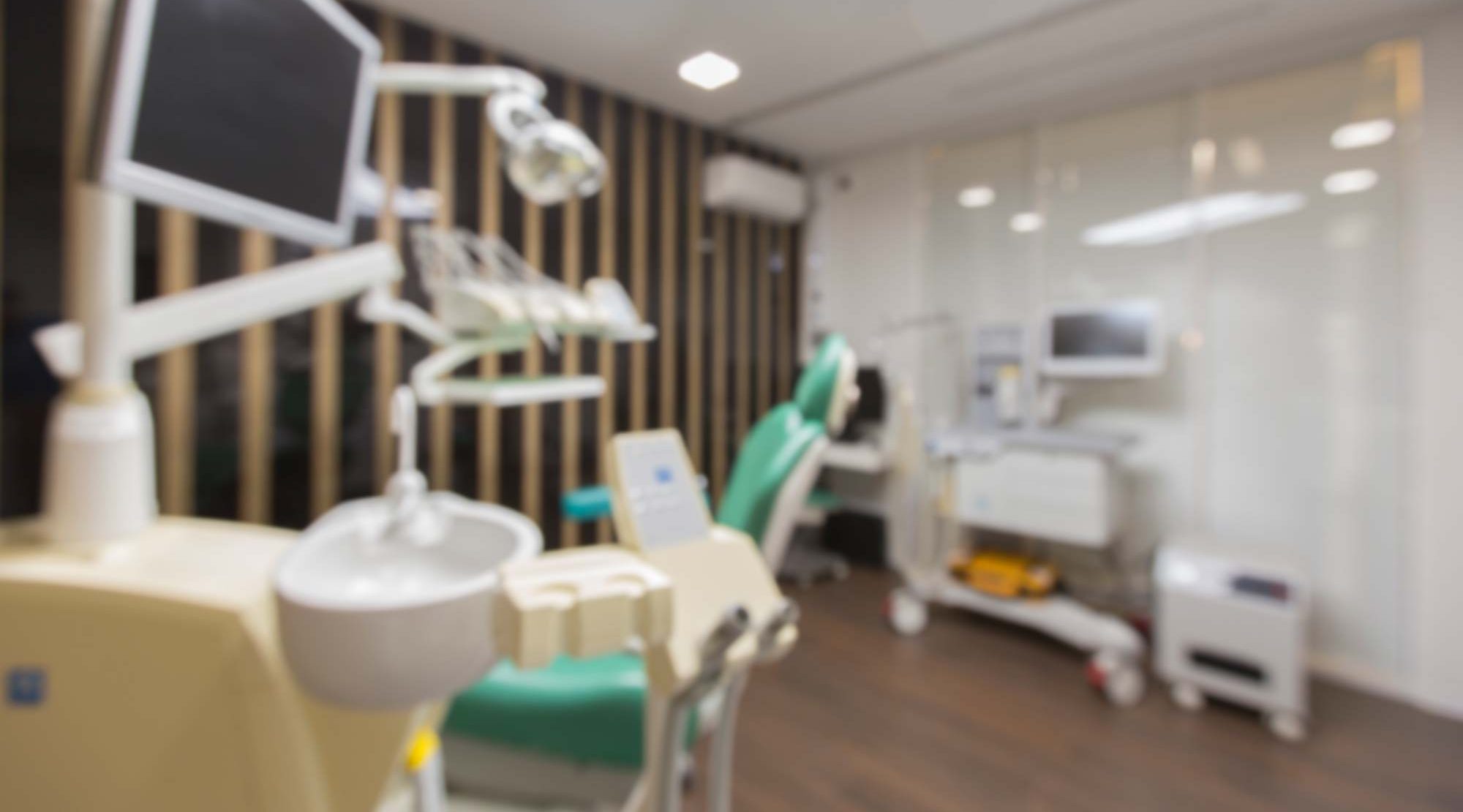 NHS England will expand the urgent dental care system as part of the next phase of the NHS’s response to COVID-19.
NHS England will expand the urgent dental care system as part of the next phase of the NHS’s response to COVID-19.
In a letter to the profession, Sara Hurley, CDO for England, says public health measures limit the return of routine dentistry. As a consequence she expects the NHS urgent dental care system to expand to help treat patients.
Ms Hurley is therefore asking regions to expand their service and deliver greater coverage.
‘Against a backdrop of sustained transmission, we are all keenly monitoring progress against the five tests set out by the government for lifting the public health measures,’ Sara Hurley says in her letter. ‘These measures will also impact on the pace at which we, as a dental profession, can commence our transition to the resumption of dental care for our patients.
‘As a profession we are not unaccustomed to difficult decisions. But the ramifications of mis-judging the risk in the current environment are significant.’
New era of dental care
She goes on to warn that recovery from the pandemic will include an increase in demand for COVID-19 aftercare.
As a result, NHS England will increase access to dental care for vulnerable patients in a variety of settings.
‘This means ongoing and consistent application of PHE/NHS Infection Prevention and Control guidance,’ the letter continues. ‘As well as continued use of PPE and testing in every active care setting to protect patients and staff.’
Ms Hurley warns the profession to prepare for a new clinical and service philosophy for a ‘new era of dental care’.
You can read the letter in full here.
NHS responds to urgent dental care closures
Urgent dental care centres across Hertfordshire shut their doors on Friday after the NHS refused to promise any extra funding.
The NHS set up four urgent dental care centres across Hertfordshire to provide care for 1.2 million people. This was on the promise from LDCs and LDNs that further funding for the service will come. Patients from Hertfordshire now have to travel in excess of 30 miles to see their nearest urgent dental care centre.
Despite ongoing discussions over the past month, NHS commissioners have refused any further funding. Instead they insist that practices use existing NHS contract payments to fund the service.
‘People across the east of England can be treated for urgent or emergency dental problems at one of the urgent dental hubs in the region,’ Rachel Webb, director of primary care and public health for NHS England and NHS Improvement in the east of England, said. ‘We are constantly working with all of our providers of these hubs to ensure services meet patients’ needs.
‘Anyone who needs urgent or emergency dental care should call their usual dentist in the first instance. Or use the NHS 111 online service available for advice on what to do.’


